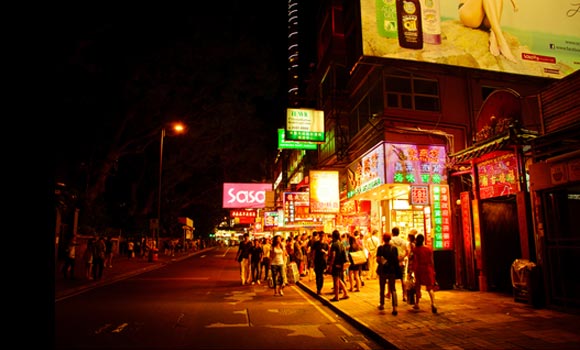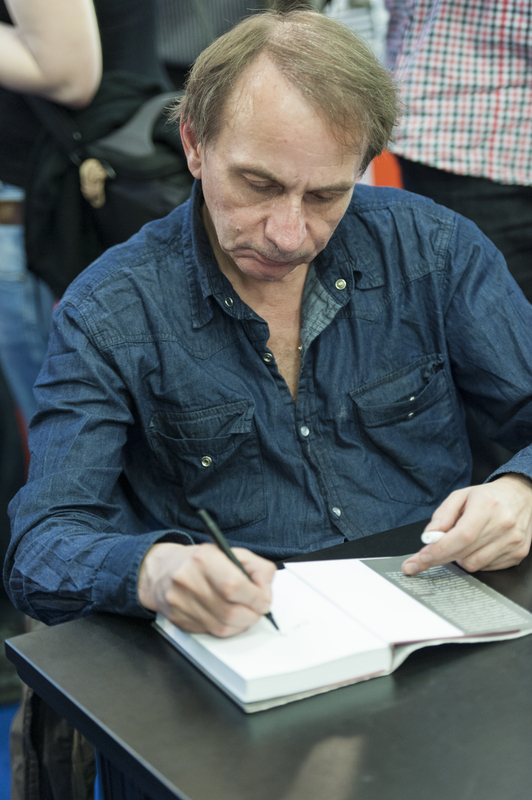The satire of the passage quoted in the previous post only shows the more benign side of Houellebecq’s prose. His distaste for contemporary life goes beyond making fun, and even beyond breaking the strictures of political correctness. His venom goes as far as being sexist, racist, misogynistic and downright misanthropic. Is this just an author wanting to shock? Is it the voice of the characters or his own? Is he giving voice to animosities which many people feel but are usually afraid to voice? Are they attitudes from an earlier age which still course deeply in Western culture, or are they even more deeply rooted in us? Or is it just the resentment of the neglected child, angry at people in the now because they were wronged long ago. Is it the frustration of being locked in a cycle of dysfunction caused by hurt, which leads to more hurt? Continue reading


